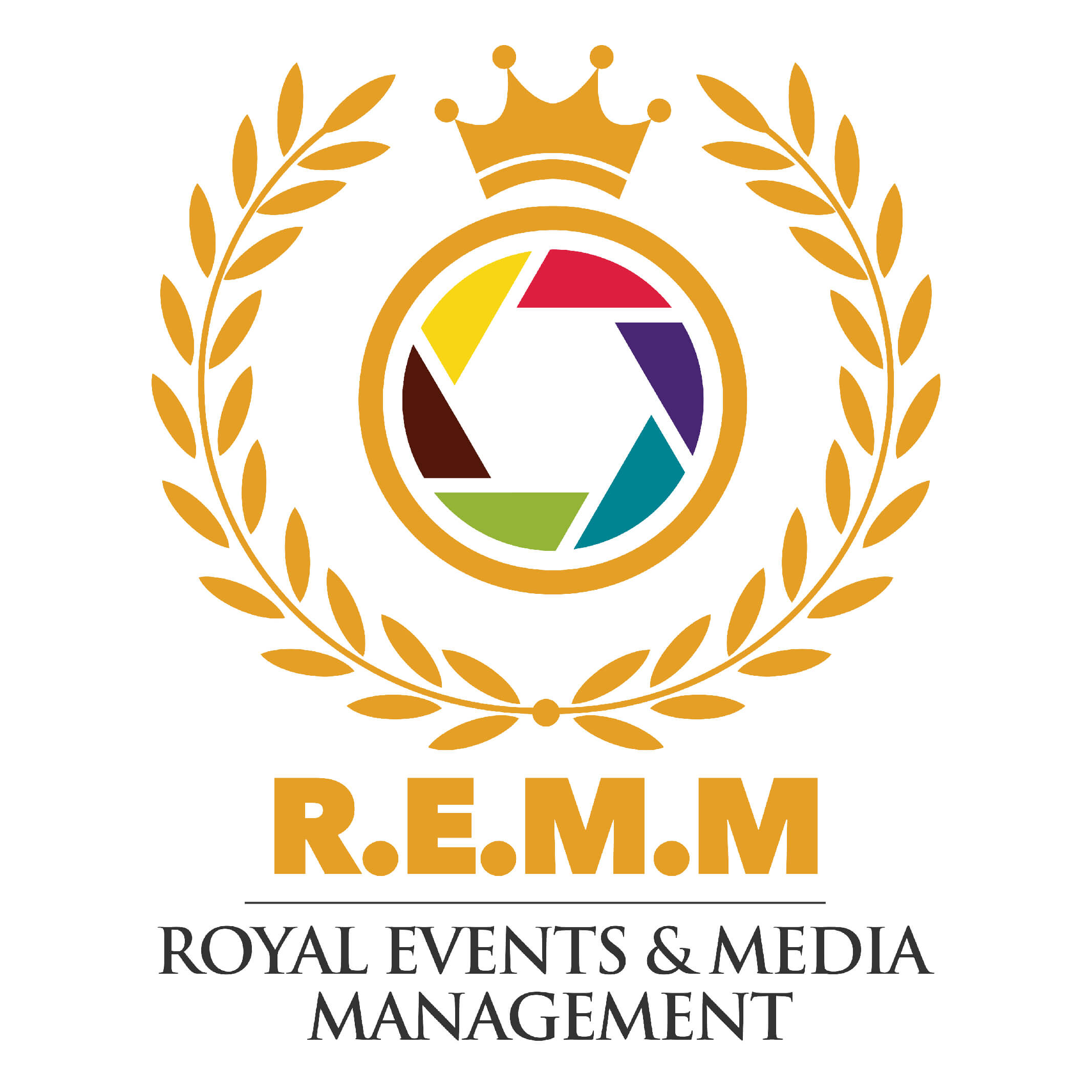Effective vendor and supplier management is crucial for the success of any event, whether it’s a corporate conference, wedding, or community fundraiser. From sourcing the right vendors to negotiating contracts and managing relationships, every step plays a vital role in ensuring a seamless experience for both organizers and attendees.
In this comprehensive guide, we’ll delve into the best practices for sourcing, negotiating with, and managing vendors and suppliers across various aspects of event planning, including catering, entertainment, decorations, and more. By following these strategies, you can streamline the procurement process, minimize risks, and deliver unforgettable events that exceed expectations.
Sourcing Vendors
The first step in vendor and supplier management is identifying potential partners who can fulfill your event requirements. Start by conducting thorough research to create a list of reputable vendors in your desired industry. Consider factors such as experience, reliability, and past client reviews. Attend industry events and networking functions to establish connections with potential vendors and learn more about their services.
Negotiating Contracts
Once you’ve narrowed down your list of vendors, it’s time to negotiate contracts that align with your budget and expectations. Clearly outline the scope of work, deliverables, timelines, and payment terms to avoid any misunderstandings later on. Be prepared to negotiate pricing, especially if you’re working with multiple vendors or booking services in bulk. Remember to review contracts carefully and seek legal advice if necessary to protect your interests.
Managing Relationships
Effective vendor management goes beyond signing contracts; it involves building and nurturing relationships with your suppliers. Communicate openly and regularly to ensure everyone is on the same page regarding expectations and timelines. Provide feedback after each event to help vendors improve their services and foster long-term partnerships. Be proactive in addressing any issues or concerns that may arise during the planning process, and always express appreciation for a job well done.
Key Takeaways
– Conduct thorough research to identify reputable vendors.
– Negotiate contracts that clearly outline expectations and terms.
– Communicate openly and regularly with vendors to build strong relationships.
– Provide feedback to help vendors improve their services.
– Be proactive in addressing any issues or concerns.
Conclusion
Effective vendor and supplier management is essential for successful event planning. By following the best practices outlined in this guide, you can streamline the procurement process, minimize risks, and deliver unforgettable events that leave a lasting impression on attendees. Remember to prioritize communication, negotiation, and relationship-building to ensure seamless collaborations with your vendors.
Keywords:
Vendor management, supplier management, event planning, sourcing vendors, negotiating contracts, managing relationships, catering, entertainment, decorations, event management, procurement process.
